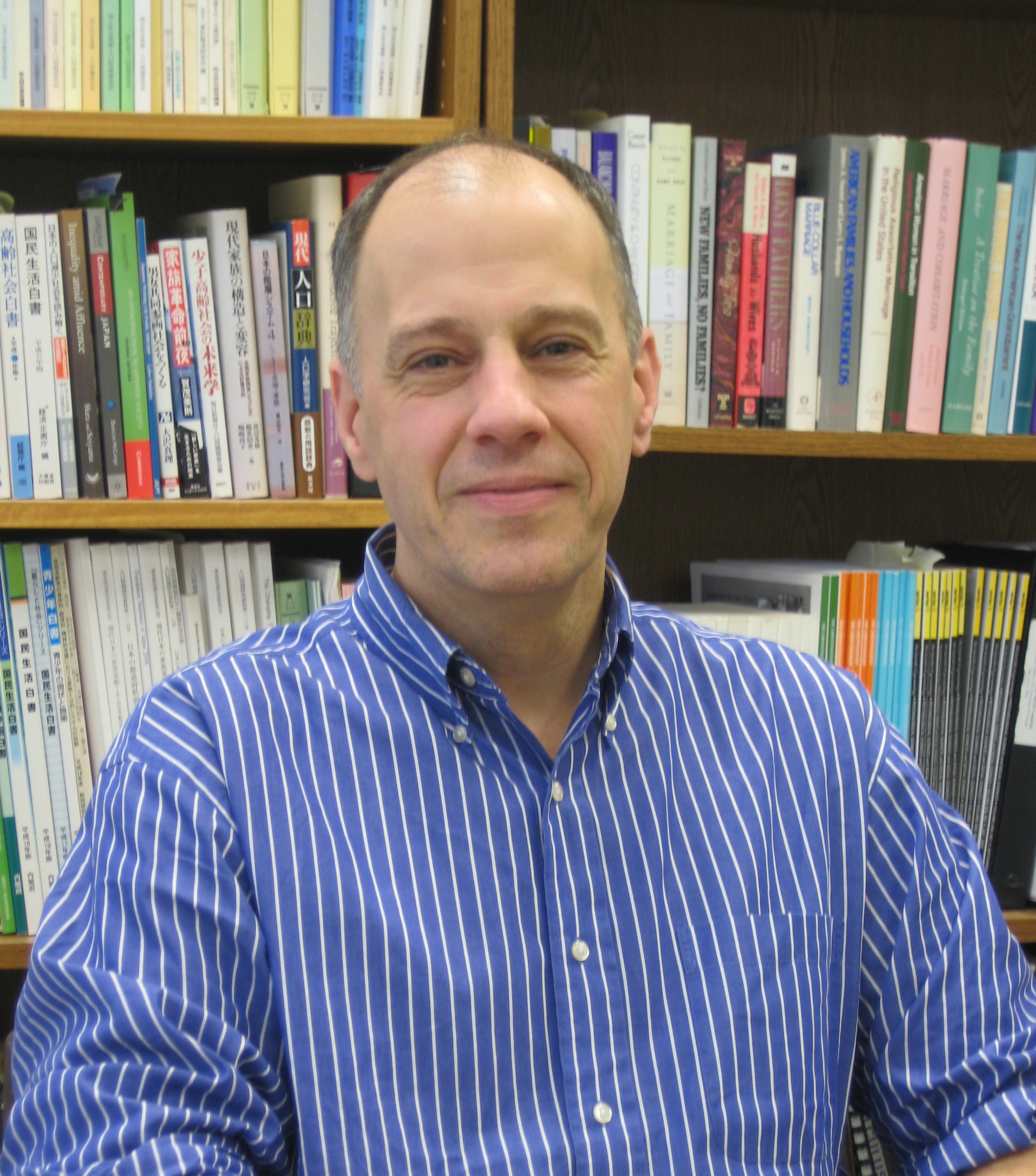Bio
Jim Raymo is Professor of Sociology at the University of Wisconsin-Madison where he is also director of the Center for Demography and Ecology. Raymo’s research focuses primarily on evaluating patterns and potential consequences of major demographic changes in Japan. He has published widely on key features of recent family change in Japan, including delayed marriage, extended coresidence with parents, and increases in premarital cohabitation, shotgun marriages, and divorce. In two other lines of research, he has examined relationships between work, family characteristics, and health outcomes at older ages in Japan and patterns of retirement and well-being at older ages in the U.S. He is currently involved in a project that examines family change and inequality in Japan in cross-national comparative perspective, with a particular emphasis on single-parent families. His research has been published in top U.S. journals such as American Sociological Review, American Journal of Sociology, Demography, and Journal of Gerontology: Social Sciences as well as in Japanese journals.

